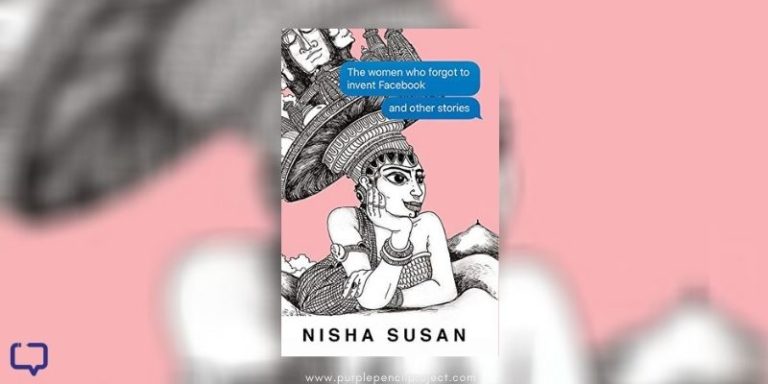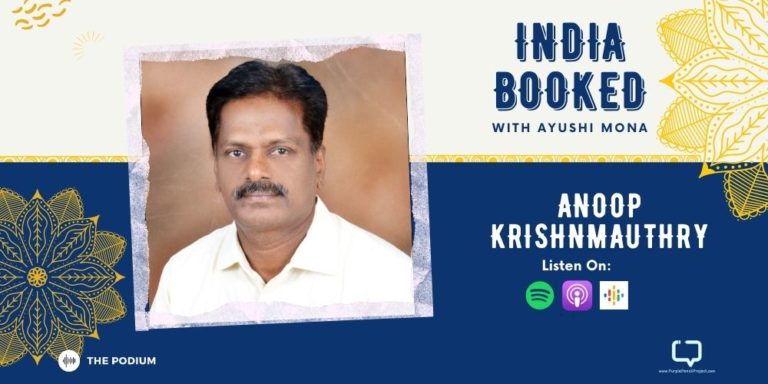April 1, 2017
I pick up a book, as part of a reading challenge. As a habit, I don’t read about the book before I’ve read it, as far as I can help it. It lies in my bag for two days before I open it on a bus journey to college. It’s a big book and I have lugged it around for far too long. I must open it.
We encourage you to buy books from a local bookstore. If that is not possible, please use the links on the page and support us. Thank you.
Little did I know that opening M.L. Stedman’s debut work would take me to a world of despair and love, separation and longing and bring tears, oh so many tears forth.
It is 1926. Tom Sherbourne has just returned from the war and is overwhelmed that he has managed to not lose a single limb. He is humbled by the years and years of death he has seen. Now, as a light-keeper, he is passing Partageuse for his assignment to Janus Rock. In the little town, where everyone knows everyone, where the police do have not much work, where “Families gather, safe and whole” at the end of each new day. These are families who have lost sons in the war and they grieve but life goes on for them.
In this town is the feisty Isabel Graysmark, who falls for Tom and follows him, dutifully, to the lonely world of light keeping. They love each other and they settle down in a rhythmic if the slow routine of life on an island where there is no other human – only the sea, the house and them. They see their friends Ralph and Bluey every three months, and their parents once in three years.
I don’t understand how one lives away for so long. I live with my parents all the time, here in India. Letters are delivered, but the thought that Violet and Bill Graysmark must have had to say goodbye to all their children tears me up already.
Back on Janus Rock, Tom is happy, Isabel is chirpy and they do what any couple has wanted from the dawn of civilisation – they get pregnant. On this rock, where they know more about thunder and lightning, about weather changes and storms than they do about any local town gossip, they try and have babies. Three are stillborn. It is difficult, and it takes you back to the time before civilisation when there was no doctor a phone call away; there wasn’t even a phone so easily placed.
Then one day. Miracle. Live baby has washed up ashore. Isabel asks Tom to not report it. He reluctantly agrees and, burying the dead father that was in the boat with the child, they take her home. Lucy.
This begins the most tender phases of their lives and Stedman captures perfectly the softness of infant life – gurgles, smiles, sleep, dribble, cries, laughter, the first words, the broken sentences…from the moment she enters Isabel and Tom’s life, as a lie or as a gift of God we cannot say, she showers this virtual world with love, that emotion that transcends time and exists so strongly in a family.
Two years go by. They go ashore. They find out her real mother is alive. Hannah Roennfeldt is a widow and has been worried to death for the last two years about what happened to her husband and their child.
It takes another two years for the scandal to come out – Lucy is Grace, Tom is sent to prison and Isabel shuts herself in grief and anger at her husband who took her baby away. As Grace learns to forget about her Mamma and her Dadda, as Hannah learns to make peace with Grace’s past and as Tom tries to talk to Isabel about how sorry he is; you the reader will break down.
April 7, 2017
These are the final few chapters of the book. Grace will still not talk to Hannah, who is almost ready to give her up and back to Isabel. Tom is waiting for gaol, refusing to say a word against his wife and shouldering all the blame, Vernon Knuckley is doing his best as a town policeman, trying to do right by everyone involved. It is heart-wrenching to see families tear up and apart, the grief is overwhelming, the loss is unbearable and you want to desperately shout out solutions that would do something for the grieving couple. Adopt, you think. Why can’t you adopt? You want to scream at Bluey for giving his friend away for three thousand guineas.
Grace comes to accept Hannah and Gwen as family, and Hannah’s father Mr Potts’ as a grandfather. And that’s when the tears begin. They flow as fast as the rains of Partageuse, wetting the pages you are reading and blurring your vision as the full scale of Tom and Izzy’s loss hits you. Twenty years later, when their family has all passed away, and Isabel herself has just succumbed to cancer, Lucy-Grace comes to meet the father she once called Dadda, with a three-month-old of her own. If only Isabel could have met her. If only. One week.
She doesn’t remember much and the fragility of humans and connection pierces your soul – nearly four years of love lost in time, a couple’s reason for existence now reduced to fragments of memory. Love has changed hands over the years, turning to grief and loneliness.
The book becomes heavier in your hand, the tears flow, and you want to slide into the pages and sit next to Tom Sherbourne, in his old age, place a child into his hand so he may, for once, experience unbridled happiness, free from any consequence.
***
The poetry of Stedman’s language, the shadow of the war, the unbreakable bond of parenthood, and the twisted hand of fate all envelope the book like a misty morning. Sunshine and moonlight, the rise and fall of waves, the passage of time, the steadiness of life as it goes on. What is life without continuity? How does the human spirit take so much pain? How do we survive?
It’s a near-perfect book, in that it moves you as if your own child had been ripped away from you. The town and its people will enter your world and make their little places there so that no matter how many books you read later in life, they will be there, shadows of a story you want to forget. Because when the story ends, you have to tell yourself that it is not real, it is fiction. You have to keep the lead-heavy book back on the table, your hands tired of marking outlines to remember. As you lie down on the bed, you tell yourself; it’s just a book…it’s just a book…
Favourite Quotes
Putting down the burden of her lies meant giving up the freedom of her dream.
It is a luxury to do something that serves no practical purpose; the luxury of civilisation.
Recommended Age Group: Above 18
Final Verdict: Buy a hardback and show it off on your bookshelf! And then wait for a signed anniversary edition and buy that too. I don’t think I can re-read it. Not for a long while. I cannot get myself to watch the film either. But I will always pass by my bookshelf, and glance at it with a loving heart and a tear away.
*Feature Image Courtesy – Penguin.























